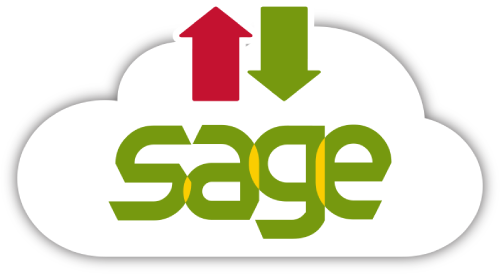The Canadian Public Health Association (CPHA) is the independent national voice and trusted advocate for public health, speaking up for people and populations to all levels of government. We champion health equity, social justice and evidence-informed decision-making. We leverage knowledge, identify and address emerging public health issues, and connect diverse communities of practice. We promote the public health perspective and evidence to government leaders and policy-makers. We are a catalyst for change that improves health and well-being for all.
RESOURCES
Facilitation manual – Challenging organizational stigma: Providing safer and more inclusive sexual health, harm reduction and STBBI-related services
Publication date: 2017CPHA and the Calgary Sexual Health Centre developed the content for three workshops focused on the reduction of STBBI-related stigma. You can download the workshop resources, including a facilitation manual, a participant workbook and the presentation slides, to help...
Facilitation manual – Moving beyond the basics: An advanced workshop about sexual health, substance use, STBBIs and stigma
Publication date: 2017CPHA and the Calgary Sexual Health Centre developed the content for three workshops focused on the reduction of STBBI-related stigma. You can download the workshop resources, including a facilitation manual, a participant workbook and the presentation slides, to help...
Facilitation manual – Exploring STBBIs and stigma: An introductory workshop for health and social service providers
Publication date: 2017CPHA and the Calgary Sexual Health Centre developed the content for three workshops focused on the reduction of STBBI-related stigma. You can download the workshop resources, including a facilitation manual, a participant workbook and the presentation slides, to help...
Self-assessment tool for STBBIs and stigma
Publication date: 2017This psychometrically validated tool, based on the Healthcare Provider HIV/AIDS Stigma Scale, offers several questions to help frontline health and social service providers reflect on their own attitudes, values and beliefs related to STBBIs.
Organizational assessment tool for STBBIs and stigma
Publication date: 2017This tool assists organizations in identifying the policy, environmental and cultural factors that contribute to the reduction of stigma and, in turn, creating settings where clients feel welcomed and respected when seeking care.
Reducing stigma and discrimination through the protection of privacy and confidentiality
Publication date: 2017This resource explains the important role of privacy and confidentiality in reducing stigma and discrimination related to STBBIs, and offers frontline health and social service providers several strategies they can use to deal with issues related to privacy,...
Discussing sexual health, harm reduction and STBBIs: A guide for service providers
Publication date: 2017This resource, intended for frontline health and social service providers, offers sample dialogue and outlines several strategies to facilitate safer and more respectful discussions about sexual health, substance use and STBBIs with clients.
Factors that Impact Vulnerability to HIV and other STBBIs
Publication date: 2014The factors that impact vulnerability (FIV) to sexually transmitted and blood-borne infections (STBBIs) have been developed as part of the STBBI Health Equity Impact Assessment Tool to help you assess an STBBI-prevention initiative. The factors contained in this...
Introduction to New HIV Prevention Technologies – Training Module
Publication date: 2012This training module is to be used by facilitators in the training of frontline providers on New HIV Prevention Technologies (NPTs) and as an online resource. The module presents a general overview of NPTs as of March 2012 and can be completed in approximately 1 hour....
Preparing Public Health for New HIV Prevention Technologies: A Road Map for Comprehensive Action in Canada
Publication date: 2011This document examines public health’s knowledge, information needs, roles, opportunities, challenges and capacity to introduce and deliver new HIV prevention technologies in Canada. The report presents the findings of various data collection methods including...

